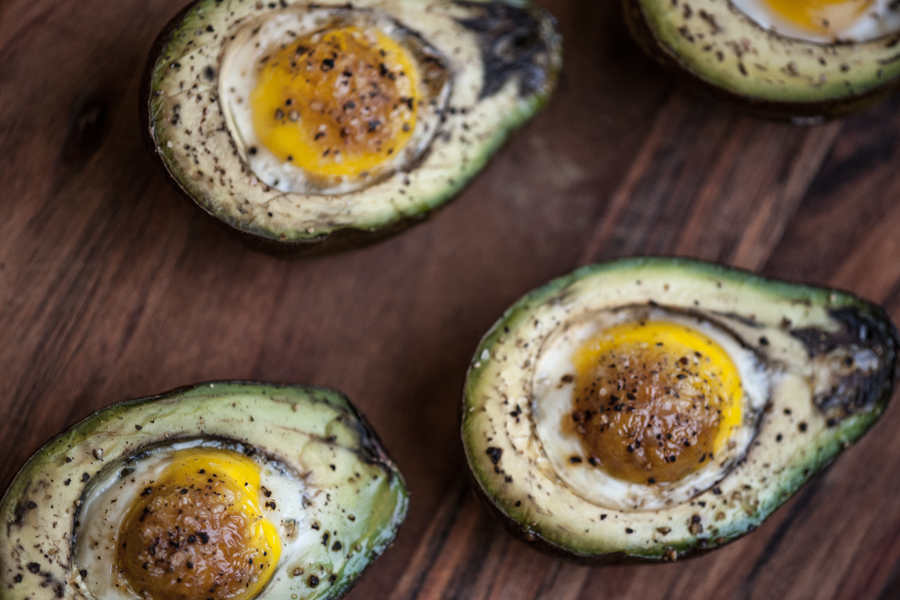
high-fat, high-protein breakfast
You’ve probably noticed that I started to suggest breakfast consisting of proteins and fats more often.
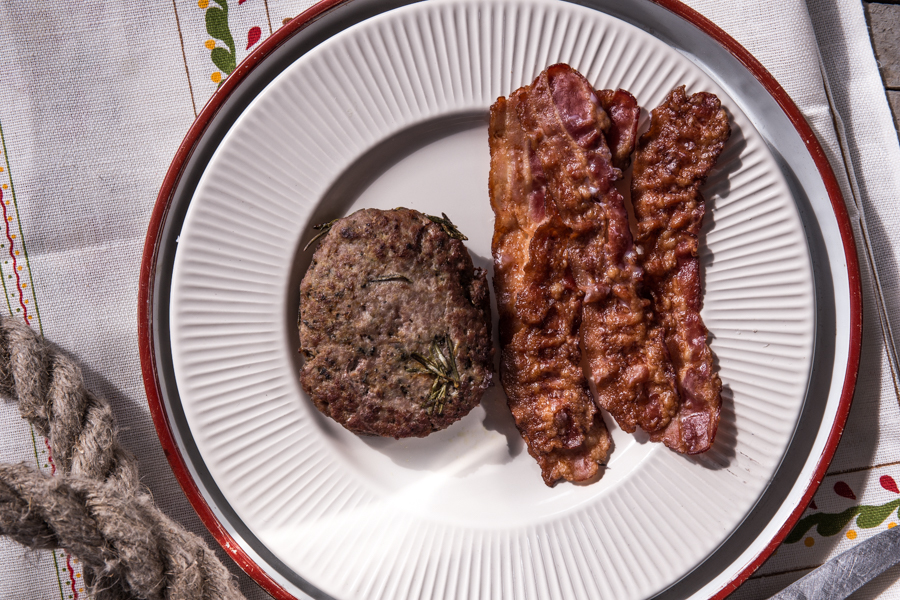
And yet throughout the first years of the blog I used to promote the following principle: It’s time for a morning meal -> carbohydrates!
Well, what can I say, building menus is very much like living a life – it’s about constant learning, gaining experience, observations, and drawing conclusions for yourself and for others. There is only one principle that proves to be true – no diet is good for us all.
Many processes in the human body are affected and regulated by circadian rhythm. For instance, cortisol reaches its highest level in more or less half an hour after morning awakening.
I elaborated more on cortisol here
Cortisol stimulates the release of glucose supplies, so that your body at night is provided with enough energy to perform basic biological functions. If sugar level drops considerably at night, not only does your organism increase cortisol secretion, but it also produces more glucagon and epinephrine (they break down glycogen in liver), which will slow down digestion, making the body capable of surviving without external energy supply. This situation is familiar to many people – they don’t feel hungry in the morning and they have a rough time accepting the fact that eating breakfast is a necessity. Having a coffee instead of a meal strongly affects these processes and their results.
Cortisol, epinephrine (adrenaline), and glucagon all increase blood sugar concentration. A healthy body has a mechanism which keeps its level in check – it’s insulin at work, of course. If the first meal we eat consists mainly of carbohydrates, it will cause an additional increase in blood glucose and insulin spike, which before long will result in a decrease in blood sugar levels. We will feel hungry and in some of us it will cause weakness or drowsiness.
I experienced these symptoms when I had reduced my training load. Beforehand, during periods of intensive physical activity, carbohydrates for breakfast would send a jolt of energy through me, required for great physical effort. With the lifestyle I’m leading today, however, I more and more often decide to go with a high-fat, high-protein breakfast.
I experienced these symptoms when I had reduced my training load. Beforehand, during periods of intensive physical activity, carbohydrates for breakfast would send a jolt of energy through me, required for great physical effort. With the lifestyle I’m leading today, however, I more and more often decide to go with a high-fat, high-protein breakfast.
High-fat, high-protein breakfasts:
- Do not cause such a sudden jump in blood sugar levels. That is why they are healthier for people with insulin resistance and diabetes.
- I would recommend it to people who live under constant stress and those who suffer from neuroses (high blood cortisol levels)
- They prove to be effective when it comes to people with sleep disorders
- They promote fat reduction
- They give you a sense of satiety that lasts longer than that after having a carbohydrate meal
You will already find a few recipes for high-fat, high-protein breakfasts here on the blog. #high-fat, high-protein breakfasts. You can use these recipes to make egg dishes, meat fricassees, steak tartare etc.
Enjoy!
And what about carbohydrates? We are not giving up on them! They are essential for us, but their number should depend on your lifestyle and also other factors, like the condition of your thyroid. We sure eat carbohydrates in-between training and workout sessions.
I also recommend athletes to increase their carbohydrate intake before important competitions, training sessions, and matches a day or two beforehand. In this case, it’s good to consume a food portion containing only carbohydrates before going to sleep.
The essential thing here is the OBSERVATION of your body’s responses, drawing conclusions, and adjusting the diet accordingly. In case of doubt or discomfort -> perform specialized tests that will measure your sugar and cortisol levels, and consult a doctor.
Stay healthy!
Photo: Marta Wojtal






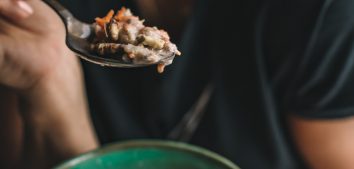
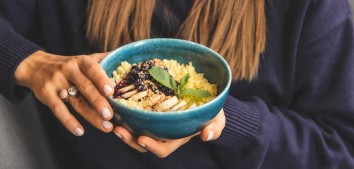
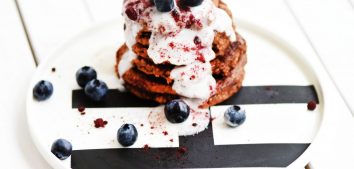

Comments No Comments
Join the discussion…